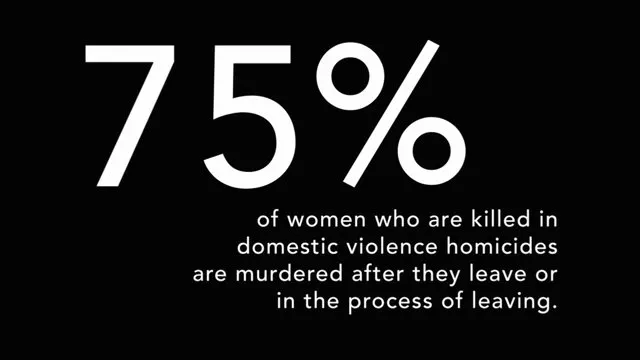Language as Violence: How the Rhetoric of Domestic Abuse Shields the Abuser and Condemns the Survivor.
The question isn’t why she stayed. The question is why he hurt her.
There is a question that has haunted the victims of domestic violence for centuries, a question so casually cruel it almost disguises itself as concern;
“Why didn’t she just leave?”
It is, at its heart, a question that performs a sleight of hand as it relocates the burden of accountability from the perpetrator to the survivor. From the violent to the violated.
This question is not neutral.
It emerges from a culture that has historically invested in preserving patriarchal hierarchies.
It emerges from a culture that strives to maintain the illusion that the private sphere, however brutal, should remain outside the jurisdiction of collective intervention.
It emerges from a culture that silences dissent and normalises suffering, ensuring that injustice remains both unseen and unchallenged.
When we ask why she stayed, we imply that survival within such a situation is a choice freely made, rather than a consequence of systematic erasure, isolation, and control.
This architecture of abuse is not constructed from bruises alone. It is built from the gradual erosion of autonomy, from economic dependency, from the severing of social ties, from the internalisation of threat. The abuser seldom begins with the fist. He begins with doubt, with diminishment, with the slow suffocation of the self until what remains is a version of the woman designed to endure him.
And yet, in the aftermath, it is she who must justify her endurance.
To ask “why didn’t she just leave?” is to indulge in the comforting fiction that leaving was safe, or even possible. It is to refuse to reckon with the reality that for many women, leaving marks not an escape from danger, but its escalation. It is no coincidence that the most lethal moment in an abusive relationship often arrives in the act of leaving. The question, then, is not why didn’t she leave? But, why did he abuse?

The whole “why didn’t she just leave?” narrative is one of the most damaging, lazy, and dangerous refrains in conversations about domestic violence. And flipping that question to “why didn’t he stop abusing?” immediately shifts the accountability where it belongs.
The language we employ when speaking of domestic violence matters because language does not merely reflect social realities; it constitutes them. As Judith Butler argues, language has the power to injure, to reinforce norms, and to regulate which lives are deemed grievable. Every time we centre the survivor’s actions over the perpetrator’s; we reproduce a discourse that renders male violence both invisible and inevitable.
What is required is not a better answer to a bad question, but the dismantling of the entire question itself. Until we reorient our collective attention from the survivor’s supposed failures to the abuser’s literal acts of violence (and to the cultural conditions that enable them), we all remain complicit in their perpetuation.
If we are to meaningfully address domestic violence, we must begin by asking different questions entirely. Questions about the systems that uphold male entitlement, questions about the societal complicity that renders violence ordinary, and questions about the language that so often camouflages brutality as misfortune. Only then can we hope to build a world in which survivors are neither blamed for enduring nor endangered for leaving- but are, instead, believed, protected, and free.











